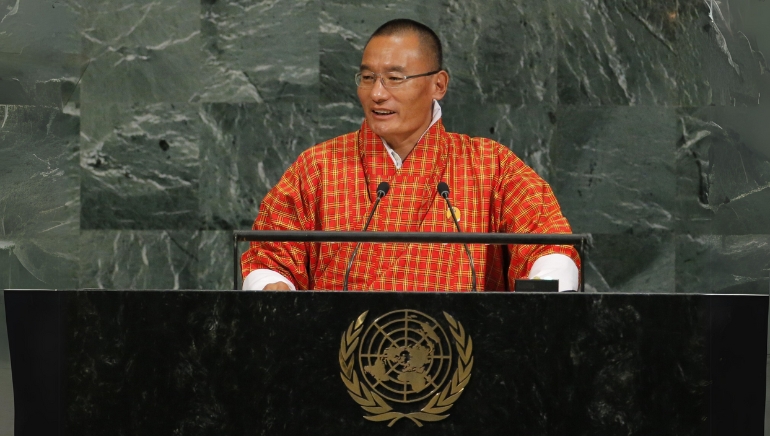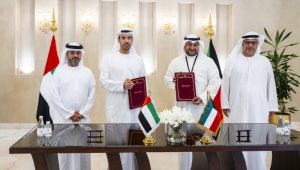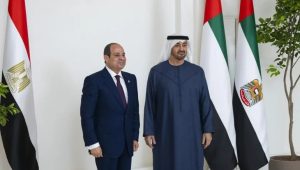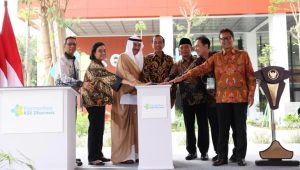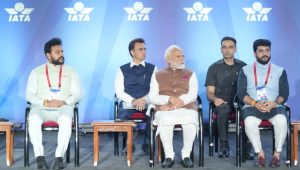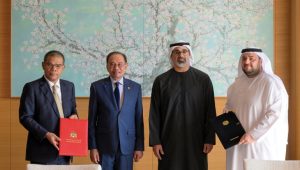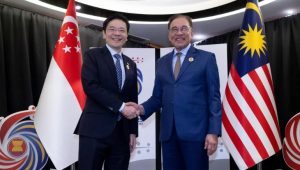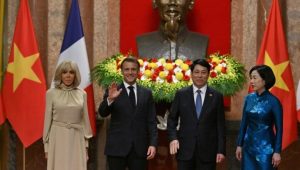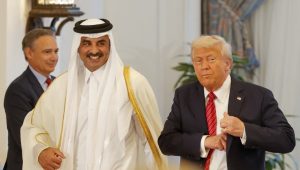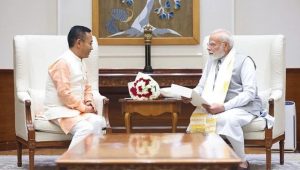On Wednesday, Tshering Tobgay, the liberal politician and leader of Bhutan’s People’s Democratic Party (PDP), secured his second term as prime minister. At 58, Tobgay becomes the nation’s fourth freely elected prime minister since its transition to democracy fifteen years ago. Previously serving from 2013 to 2018, Tobgay led the opposition in the newly established parliamentary system.
A former bureaucrat, Tobgay staunchly supported Bhutan’s Buddhist culture. Situated between China and India, Bhutan is renowned for pioneering the Gross National Happiness (GNH) index, a holistic economic measure factoring in elements like leisure and mental well-being, often overlooked by GDP calculations.
King Jigme Khesar Namgyel Wangchuck officially bestowed Tobgay with a scarf, signifying his reappointment, as announced on the monarch’s official Facebook page.
Tobgay’s challenge lies in halting the migration of young Bhutanese seeking better opportunities, particularly in Australia, and rejuvenating the $3 billion economy ravaged by the COVID-19 pandemic. With India as its primary commercial partner and benefactor, Bhutan strives to maintain robust ties under Tobgay’s leadership. Despite lacking formal diplomatic relations with China, Bhutan engages in discussions to resolve border issues, a matter closely monitored by India amid its border tensions with China.





